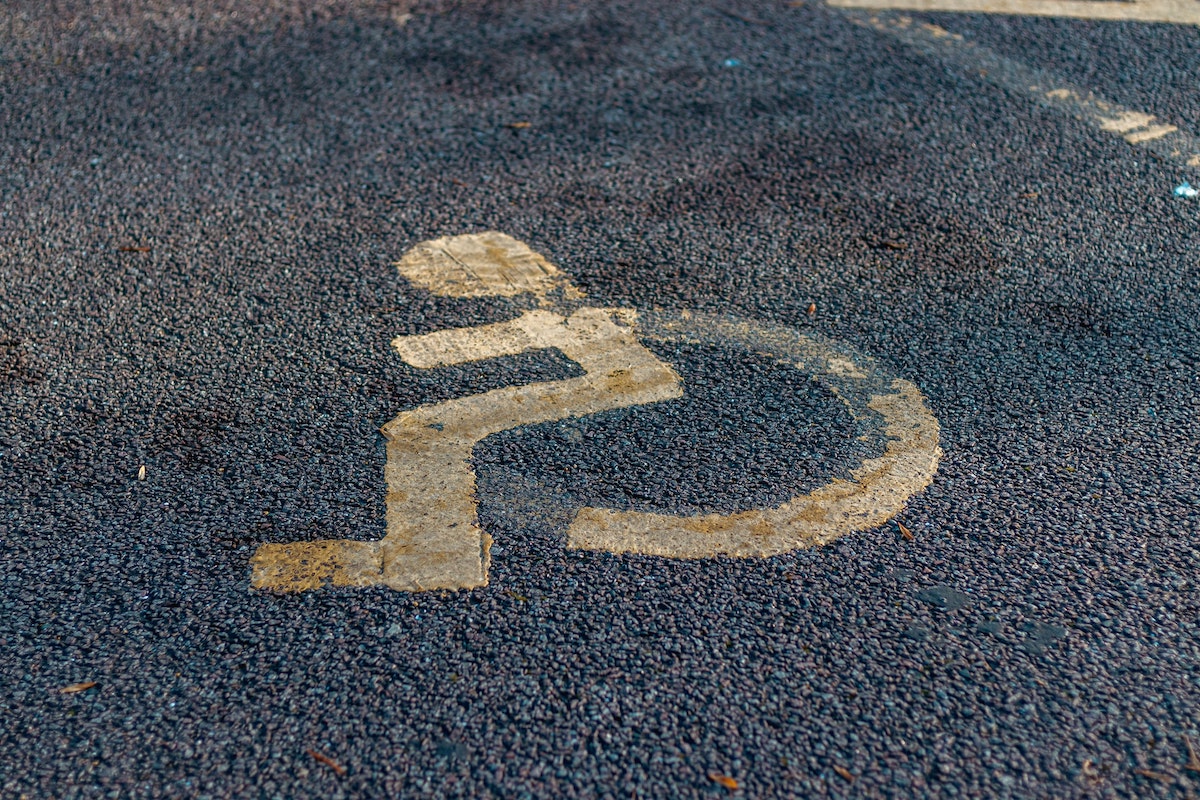Table of Contents
People with disabilities have always had a hard time when it comes to enjoying entertainment. For a long time, they were often left out or ignored. Thankfully, that is starting to change. More and more companies are making an effort to include people of all abilities in their products and services.
This is known as accessibility, and it is becoming a growing trend in the entertainment industry. In this article, we will take a deep look at the importance of accessibility and some of the ways that businesses are implementing it into their products.
What is Accessibility?
Accessibility refers to the design of products, devices, services, or environments for people with disabilities. It is about making sure that people with different abilities can use them. This includes things like wheelchair ramps, Braille signage, and the usage of a captioning service on TV shows.
Why is Accessibility Important?
There are a few reasons. First, it is the right thing to do. Everyone deserves to be included and have access to the same things. Second, it is good for business. When businesses make an effort to be inclusive, they open up their products and services to a whole new group of potential customers.
Finally, accessibility can make life easier for everyone. For example, closed captioning not only helps people who are hard of hearing, but it also helps people who are trying to watch a show in a noisy environment.
What is CCVA?
The 21st Century Communications and Video Accessibility Act (CVAA) is a law that was passed in 2010 with the goal of making modern communications and video programming more accessible to people with disabilities. The CVAA covers a wide range of technologies, including cell phones, televisions, and the internet.
One of the most important aspects of the CVAA is that it requires companies to provide closed captioning for online videos. This means that people who are deaf or hard of hearing can enjoy the same content as everyone else.
The CVAA also requires manufacturers to design their products and services with accessibility in mind. For example, many cell phones now come with features that make them easier to use for people with vision impairments. The CVAA is an important law that is helping to make the world a more inclusive place for everyone.
What Percentage of the Population is Affected by Disability?
According to the World Health Organization, 15% of the world’s population lives with some form of disability. That means that nearly 1 billion people are affected by disability in some way. Of course, the severity of the disability varies from person to person.
Some people may have a mild form of autism, while others may be completely blind or deaf. Still, others may have a physical disability that prevents them from being able to walk or use their arms.
No matter what the specific disability is, though, it can have a major impact on a person’s life. In many cases, it can make everyday tasks much more difficult and can even prevent someone from being able to work or go to school.
Thankfully, there are organizations and programs in place to help people with disabilities overcome these challenges and live full, productive lives. Following this high number, it is clear why the accessibility trend is gaining momentum in the entertainment industry.
How is Accessibility Being Implemented in the Entertainment Industry?
There are a few different ways.
One way is through legislation. The Americans with Disabilities Act (ADA) is a law that requires businesses to make accommodations for people with disabilities. This includes things like providing Braille signage and wheelchair-accessible restrooms.
Another way is through voluntary efforts by businesses. Many companies are going above and beyond the requirements of the ADA to make their products and services more accessible.
For example, many service providers understood the need for audio transcriptions in the entertainment industry, like Netflix which offers audio descriptions of its shows for people who are blind or have low vision and Apple which offers a variety of accessibility features on its iPhone, including VoiceOver, which is a screen reader that reads aloud the text on the screen.
What Does the Future Hold for Accessibility in Entertainment?
The future looks bright. As more and more people become aware of the importance of accessibility, we can expect to see even more businesses making an effort to include people of all abilities in their products and services.


